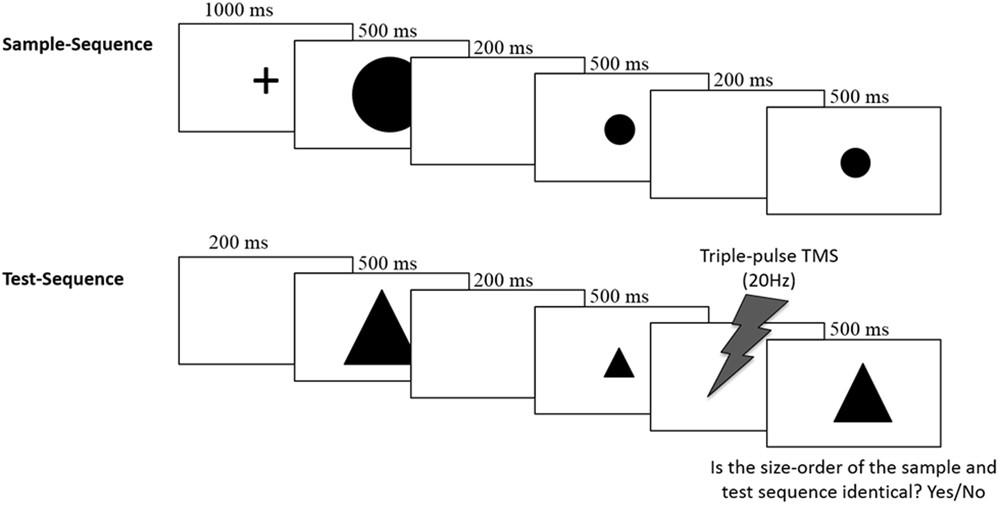2015 Tms Reference Guide

This naturalistic study reports on a clinical repetitive transcranial magnetic stimulation service that has been running in Adelaide, South Australia (SA), for 6 years. During this time, 214 complete acute courses were provided to patients with treatment-resistant Major Depressive Disorder. Patients received either sequential bilateral or right unilateral repetitive transcranial magnetic stimulation treatment involving either 18 or 20 sessions given over 6 or 4 weeks respectively. Data included patient demographic details, duration of depression, and medication at the beginning of their repetitive transcranial magnetic stimulation course.
The Hamilton Depression Rating Scale was used to assess response to repetitive transcranial magnetic stimulation. Of those undergoing a first-time acute treatment course of repetitive transcranial magnetic stimulation ( N = 167), 28% achieved remission, while a further 12% met the criteria for a response to treatment. Most patients ( N = 123, 77%) had previously been treated with five or more antidepressant medications, and 77 (47%) had previously received electroconvulsive therapy. Referral rates remained high over the 6 years, indicating acceptance of the treatment by referring psychiatrists. There were no significant adverse events, and the treatment was generally well tolerated. In all, 41 patients (25%) had a second course of repetitive transcranial magnetic stimulation and 6 (4%) patients had a third course; 21 patients subsequently received maintenance repetitive transcranial magnetic stimulation.
2015 Tms Reference Guide
The American Psychiatric Association (APA) has updated its, including with new information specifically addressed to individuals in the European Economic Area. As described in the Privacy Policy, this website utilizes cookies, including for the purpose of offering an optimal online experience and services tailored to your preferences. Please read the entire.
By closing this message, browsing this website, continuing the navigation, or otherwise continuing to use the APA's websites, you confirm that you understand and accept the terms of the Privacy Policy, including the utilization of cookies. APA practice guidelines provide evidence-based recommendations for the assessment and treatment of psychiatric disorders and are intended to assist in clinical decision making by presenting systematically developed patient care strategies in a standardized format. Since 1992, APA has developed and published over 20 practice guidelines, including multiple second and third editions.
APA makes the practice guidelines freely available to promote their dissemination and use; however, copyright protections are enforced in full. No part of these guidelines may be reproduced except as permitted under Sections 107 and 108 of the United States Copyright Act. For permission for reuse, visit our. Also visit to access the guidelines and purchase the complete collection of guidelines and watches. Pharmacological Treatment of Patients with Alcohol Use Disorder The Practice Guideline for the Pharmacological Treatment of Patients with Alcohol Use Disorder was approved by the APA Assembly in May and by the APA Board of Trustees July 2017, and published in January 2018. For questions about this guideline or the development process, please contact Jennifer Medicus, Practice Guidelines Deputy Director, at or 202-559-3972. Patient/Family Summary.
Coming soon. Use of Antipsychotics to Treat Agitation or Psychosis in Patients With Dementia. Other Practice Guidelines. Guidelines Under Development. Treatment of Eating Disorders. Treatment of Bipolar Disorder.
Treatment of Schizophrenia. Treatment of Borderline Personality Disorder.
Assessment and Treatment of Delirium. Treatment of Generalized Anxiety Disorder/Panic Disorder/Agoraphobia. Treatment of Major Depressive Disorder More Resources APA represent the findings, opinions, and conclusions of APA task forces but, unlike APA practice guidelines, do not reflect APA policy or necessarily represent the views of the APA Board of Trustees.

APA are collections of information, data, and reviews of the literature developed by APA components and staff. Like task force reports, they do not represent APA policy. APA guidelines generally describe treatment of adult patients. For the treatment of children and adolescents with psychiatric disorders, practice guidelines, updates, and parameters are available from the. The is a public database of clinical practice guidelines from around the world that is maintained by the U.S. Department of Health and Human Services’ Agency for Healthcare Research and Quality.
Guidelines must meet criteria showing they comply with IOM (NAM) standards to be included in the database.